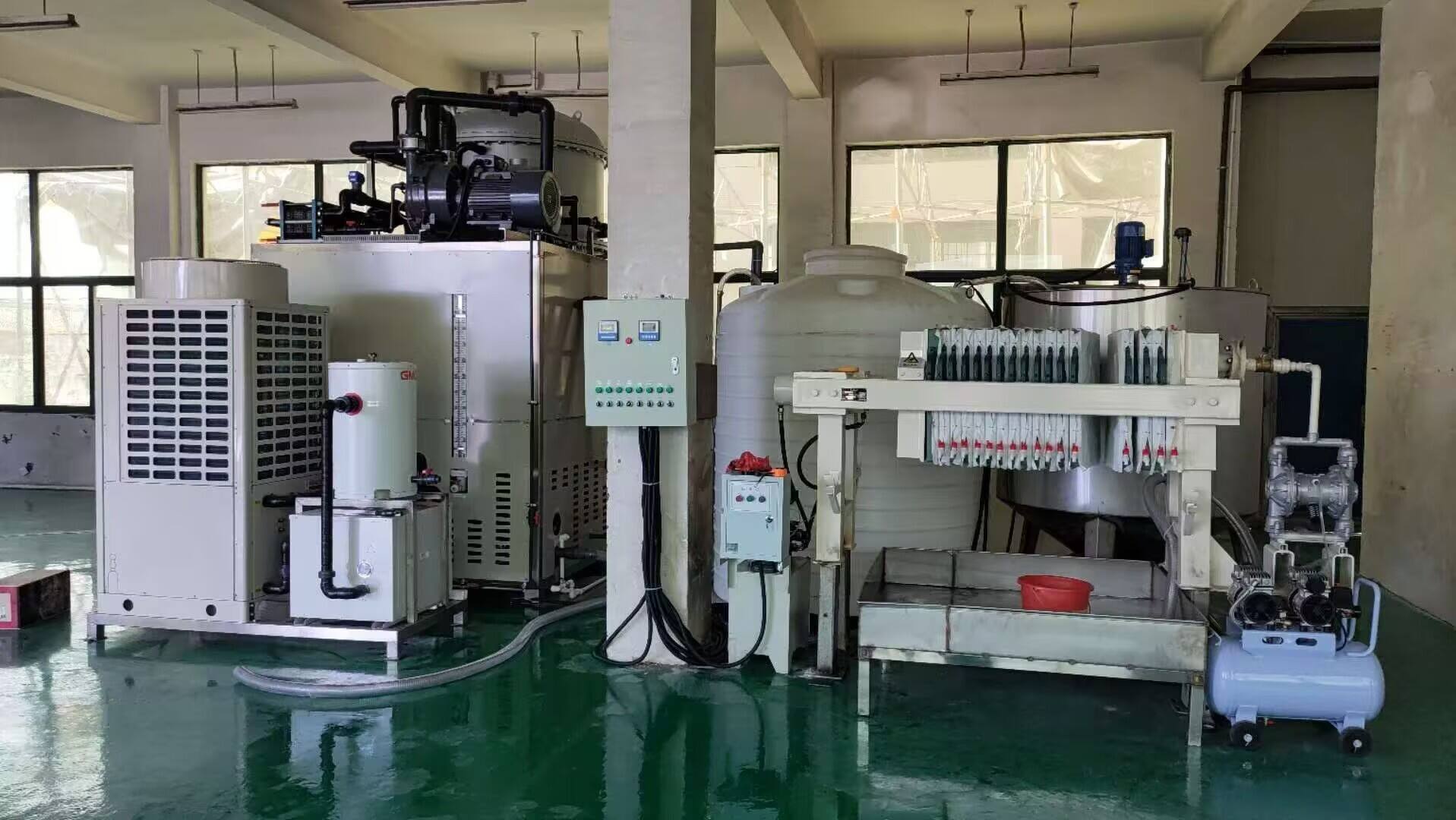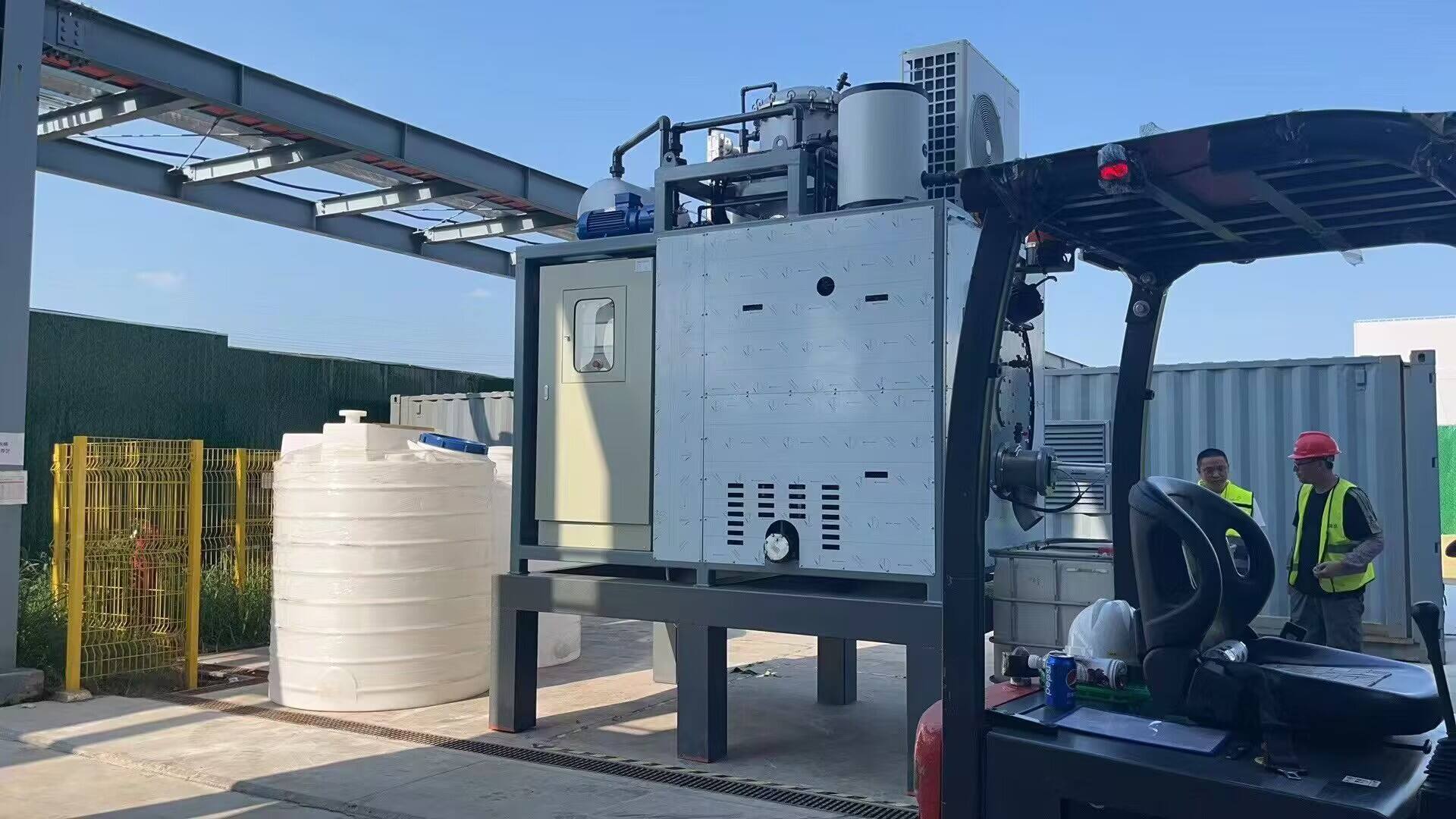industrial wastewater treatment technologies
Industrial wastewater treatment technologies encompass a comprehensive range of processes designed to purify and recycle contaminated water from manufacturing and industrial operations. These advanced systems utilize physical, chemical, and biological treatment methods to remove pollutants, heavy metals, organic compounds, and other harmful substances from wastewater. The primary functions include suspended solids removal, pH adjustment, chemical precipitation, biological degradation, and advanced oxidation processes. Modern treatment facilities incorporate automated monitoring systems, membrane filtration technologies, and energy-efficient equipment to ensure optimal performance. The technologies can be customized to address specific industry requirements, whether it's for chemical manufacturing, food processing, pharmaceutical production, or metal finishing operations. Key components typically include primary clarifiers, biological reactors, membrane bioreactors (MBR), reverse osmosis systems, and advanced oxidation units. These systems not only ensure compliance with environmental regulations but also enable water reuse, reducing operational costs and environmental impact. The technology's adaptability allows for scalable solutions, from small-scale industrial operations to large manufacturing facilities, making it a versatile choice for various industrial applications.


